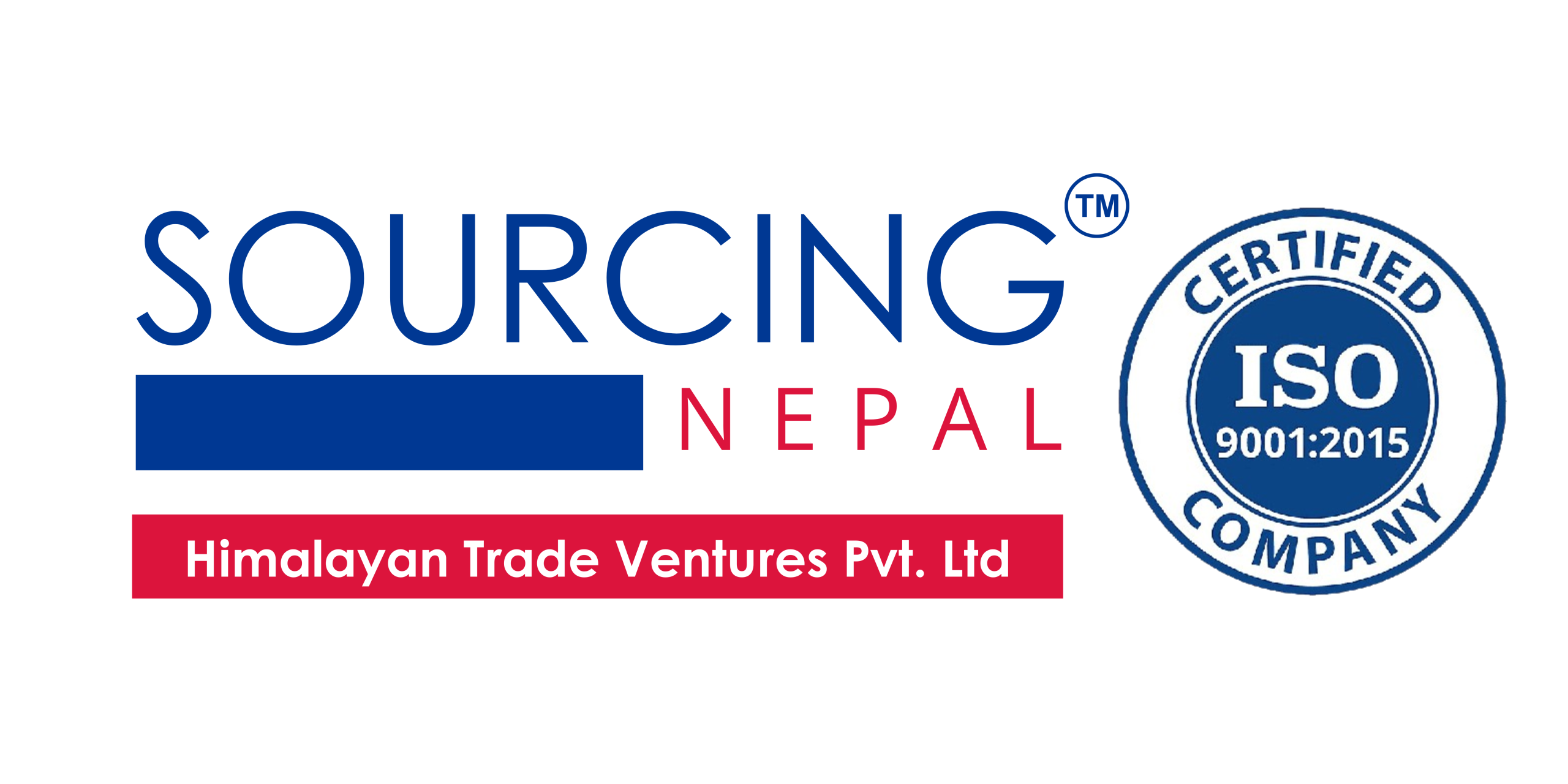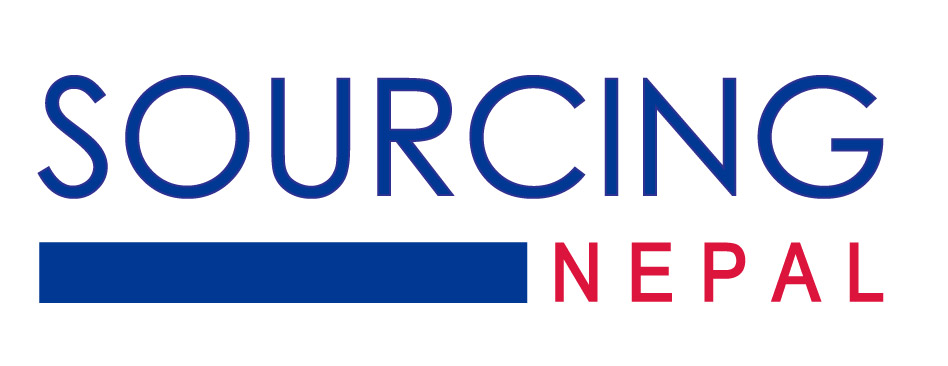Supplier Verification
At Sourcing Nepal, supplier verification is a fundamental aspect of our operations. It ensures that we uphold the highest standards of quality, ethics, and sustainability across our supply chain.
Supplier verification is a meticulous process that involves several key steps to ensure that our partners meet the necessary criteria and standards required by our organization.
Supplier verification is a critical aspect of our operations at Sourcing Nepal, ensuring that we maintain the highest standards of quality, ethics, and sustainability throughout our supply chain. Supplier verification typically involves several key steps to ensure that suppliers meet the necessary criteria and standards for a particular organization.
Importance of Supplier Verification
Supplier verification is crucial for several reasons;
In addition to our verified supplier portfolio, we offer on-demand supplier verification services. This means that if you have specific needs or suppliers you want to verify, we can conduct thorough verification processes to ensure they meet our stringent standards.
By maintaining a rigorous supplier verification process, Sourcing Nepal guarantees that our clients receive only the best products, manufactured ethically and sustainably. Our commitment to quality, ethics, and sustainability sets us apart as a trusted sourcing partner.
Supplier verification at Sourcing Nepal is an essential process that ensures our supply chain’s integrity and reliability.
With a comprehensive verification system in place and a broad portfolio of verified suppliers, we are well-equipped to meet diverse sourcing needs while maintaining the highest standards of quality, ethics, and sustainability. Whether utilizing our existing verified suppliers or seeking on-demand verification, our clients can trust in the excellence and responsibility embedded in our sourcing practices.
Key Steps in supplier verification
1. Supplier Quality Audit
2. QHSE Audit (Quality, Health, Safety & Environment)
3. ESG Audit (Environmental, Social, and Governance)
The ESG audit examines suppliers’ commitment to ethical business practices, social responsibility, and environmental stewardship. We assess factors like labor rights, community engagement, pollution control, and corporate governance to ensure alignment with ethical sourcing principles.


